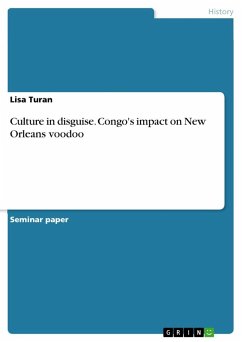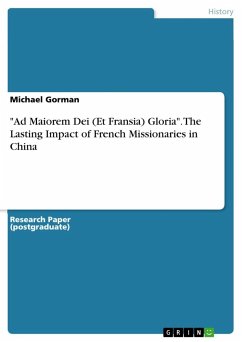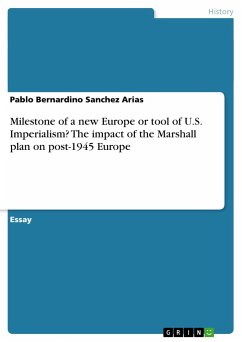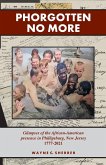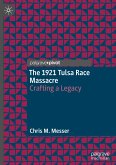Seminar paper from the year 2022 in the subject History - Africa, grade: 1,0, University of Hamburg (Fakultät Geschichte), course: Einführung in die Geschichte Afrikas, language: English, abstract: Since the first enslaved Africans had reached the coast of Virginia in 1619, European, American, and African slave traders captured about one-quarter of all African slaves in Central Africa to ship them to America via the Congo River or other ports along the Congolese Loango due to the transatlantic slave trade. Significantly, these enslaved people, mostly from the Congo regions, did not solely bring a free workforce, but also a huge cultural heritage that shaped the American culture. Likewise, these slaves practiced African religiosity despite the established Catholicism by Europeans in the Americas. Out of this blending of African religiosity with Christianity developed the Afro-American syncretism today known as ¿voodoö. Widely unknown is the immense influence of Congo religiosity on voodoo, due to slave imports from Congo to New Orleans. Accordingly, this leads to the question, which elements of Congolese religiosity originate within New Orleans Voodoo due to the transatlantic slave trade?

